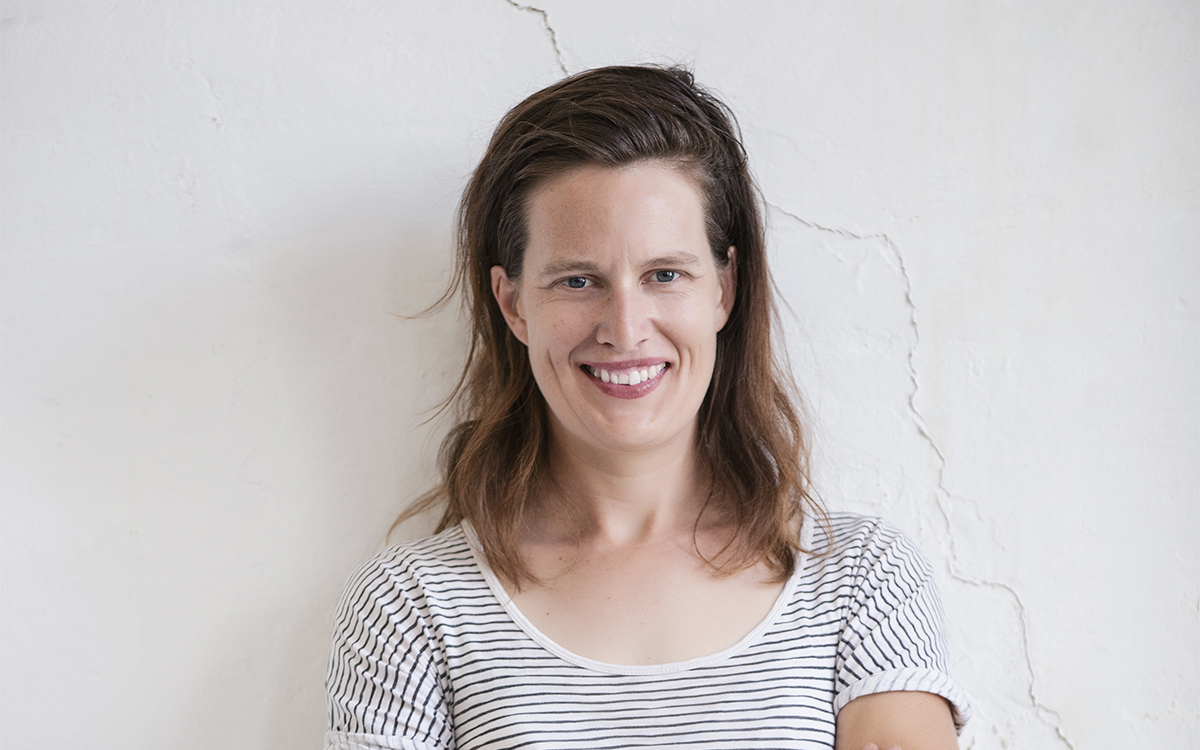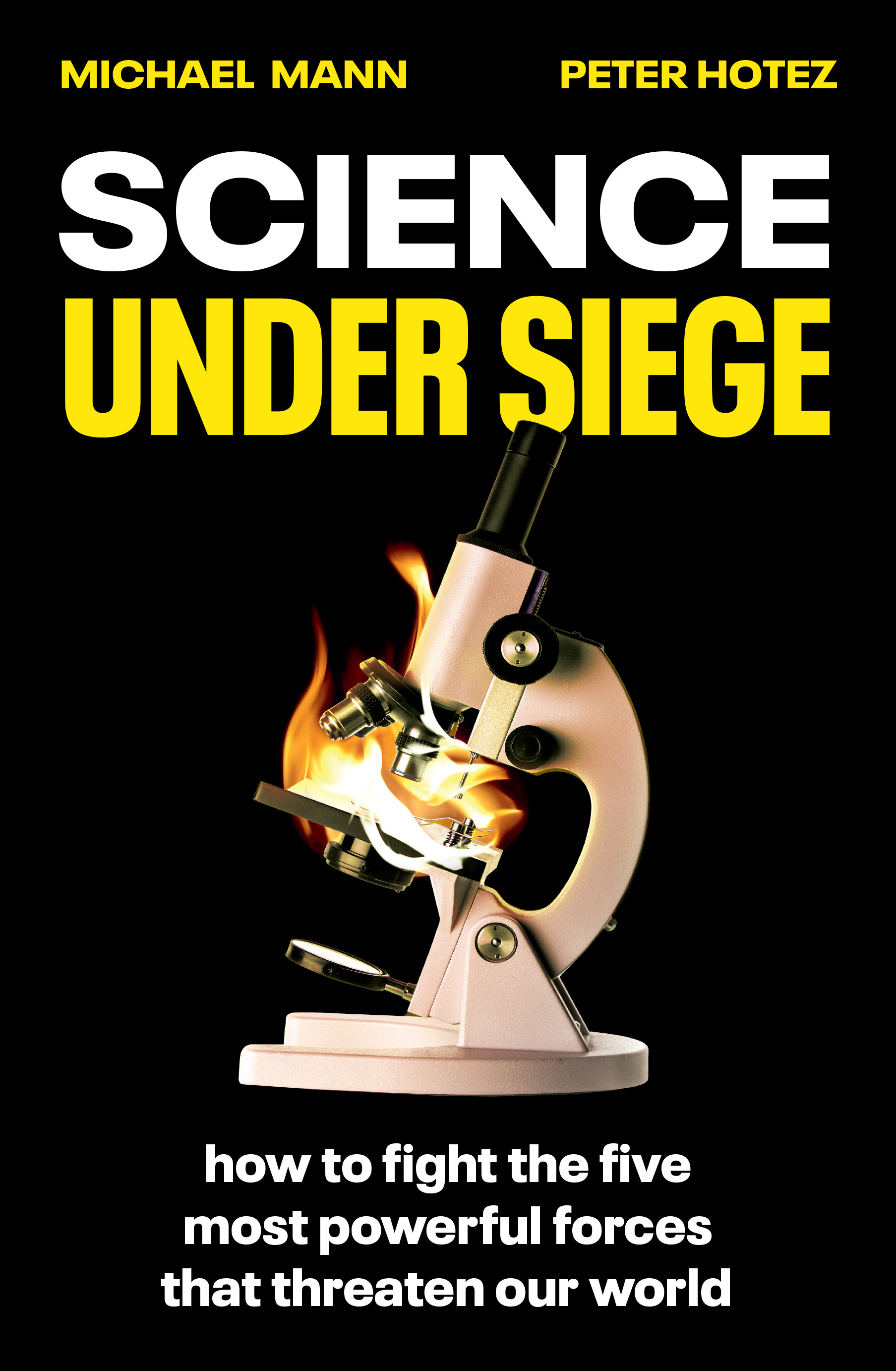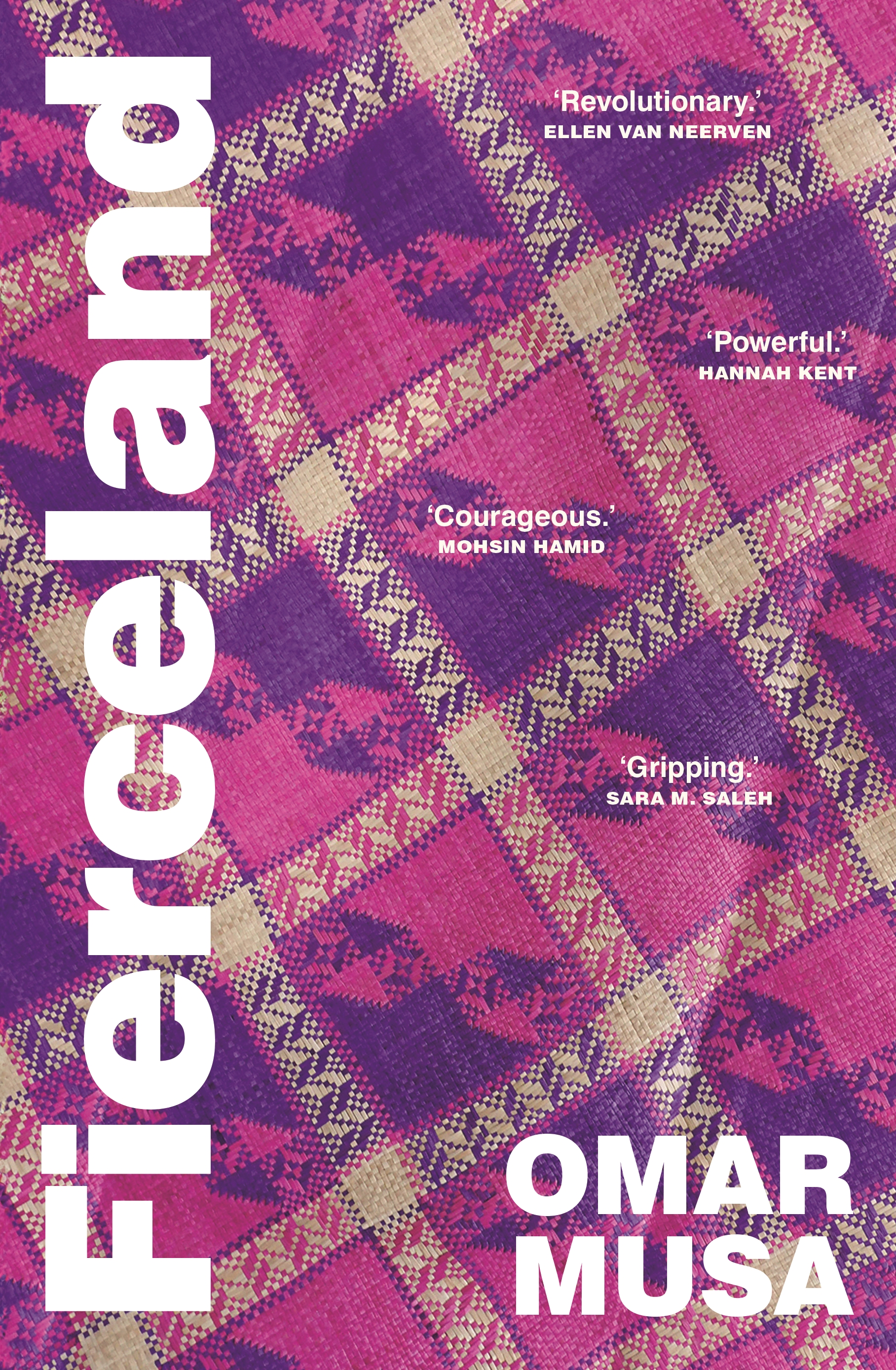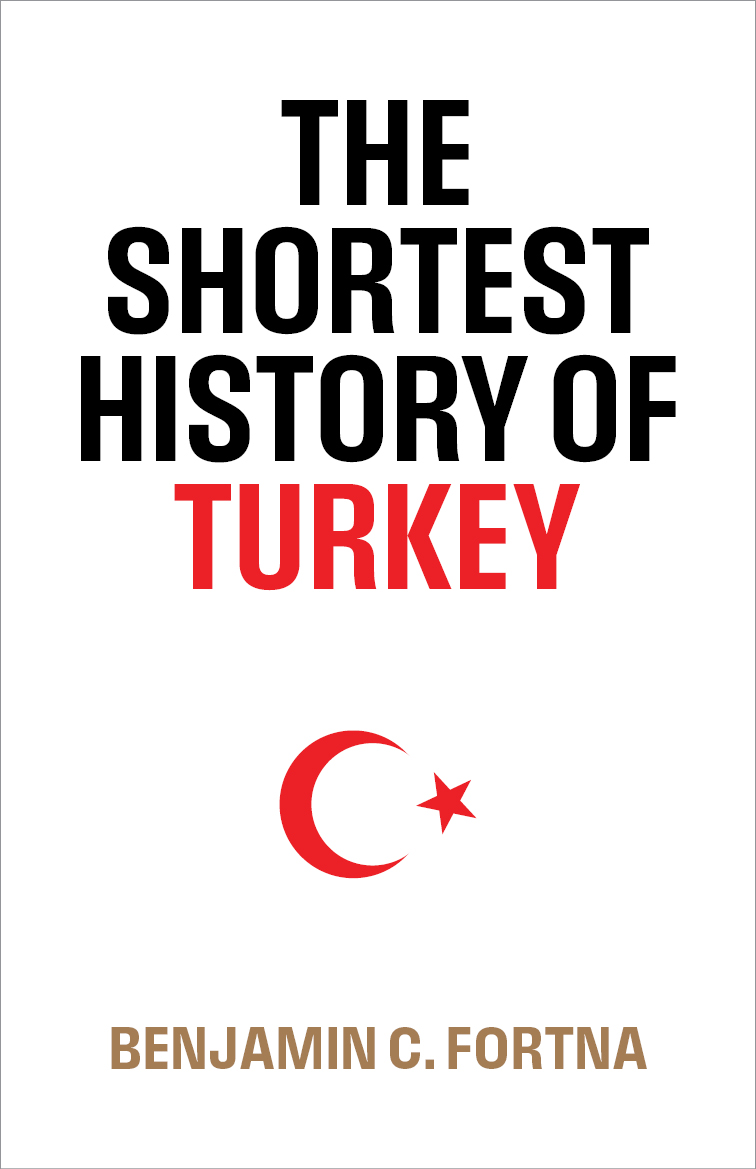An interview with Anna Clark

Anna Clark is the author of Making Australian History (Penguin), a history of Australian history, and has written extensively on history education, historiography, and historical consciousness. She is currently Director of the Australian Centre for Public History at the University of Technology Sydney.
If you could go anywhere tomorrow, where would it be, and why?
The underwater world is my happy, calming place, so I’d have to say a protected marine zone where I can get a glimpse of what Australia’s natural bounty must once have been like everywhere.
Continue reading for only $10 per month. Subscribe and gain full access to Australian Book Review. Already a subscriber? Sign in. If you need assistance, feel free to contact us.










Leave a comment
If you are an ABR subscriber, you will need to sign in to post a comment.
If you have forgotten your sign in details, or if you receive an error message when trying to submit your comment, please email your comment (and the name of the article to which it relates) to ABR Comments. We will review your comment and, subject to approval, we will post it under your name.
Please note that all comments must be approved by ABR and comply with our Terms & Conditions.